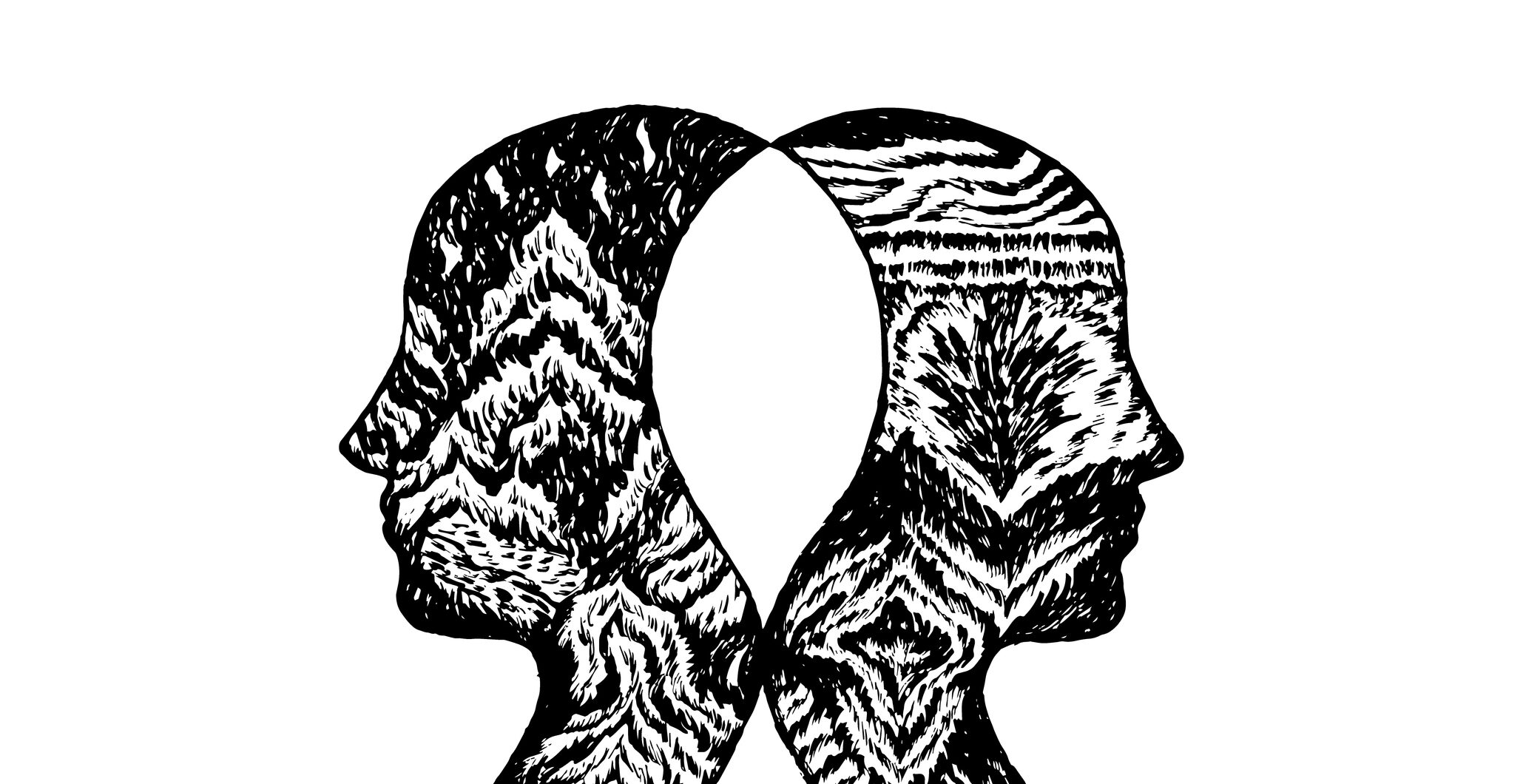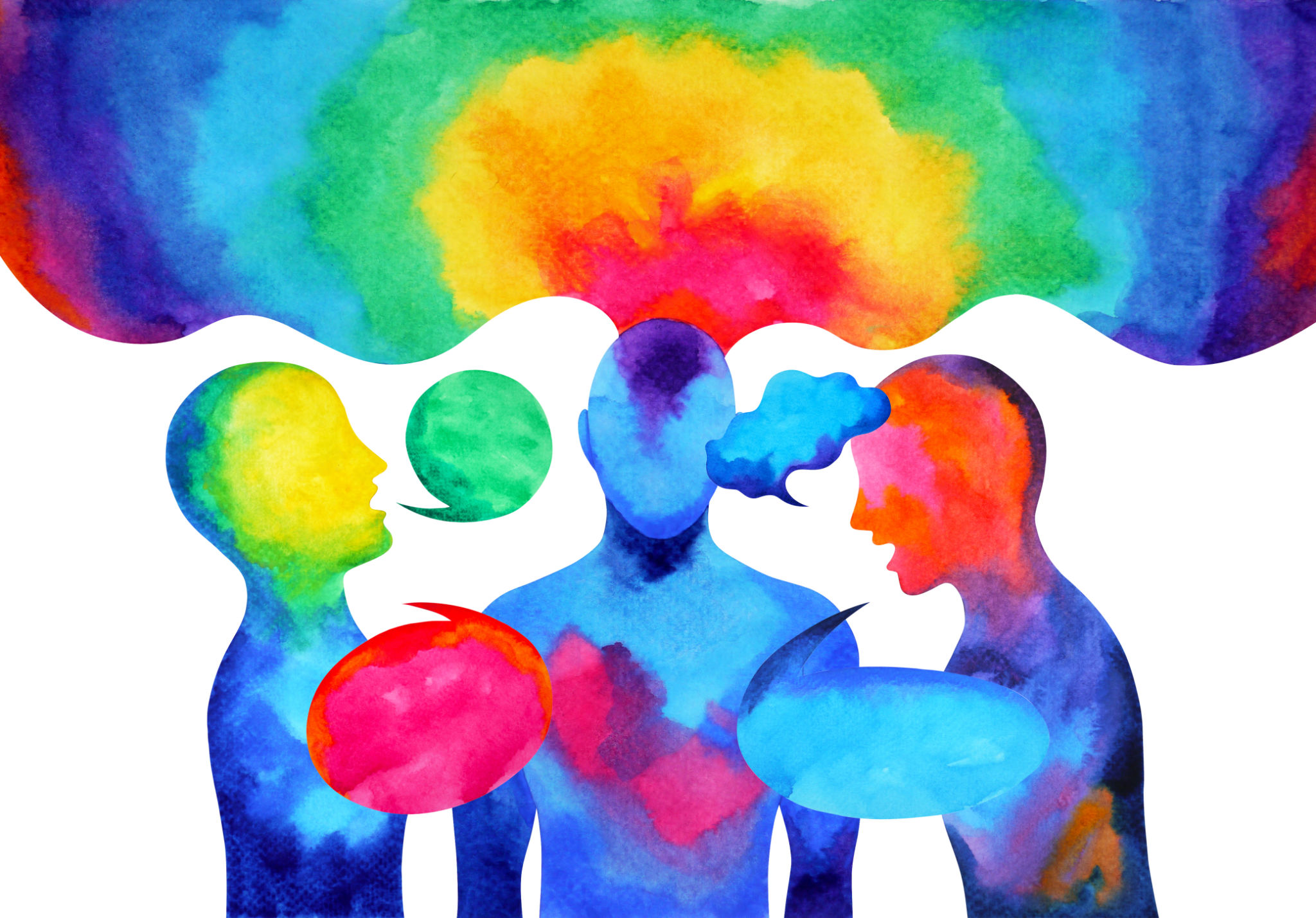Category: Reports

Introducing the Pillars of Support Project
*By Adam Fefer In both the United States and abroad, political leaders have undermined democratic institutions and norms as part of a nearly two-decade global trend of rising authoritarianism. From the...

Exploring Narrative Practices for Broad-based Movements in Contexts of Democratic Decline
*This piece was originally published on March 1, 2023 on OpenGlobalRights by Chief Network Weaver Julia Roig and James Savage. Versión en Español The rise in authoritarianism and democratic decline around the...

Narrative Engagement Across Difference (NEAD) Project
The Narrative Engagement Across Difference (NEAD) Project is a unique consortium of actors – organizers, philanthropists, and academics – who have come together to gather insights into collaboration across difference in the...

THE HORIZONS PROJECT’S TOP INSIGHTS & LEARNINGS FROM 2022
Since our official launch in January of 2022, the Horizons’ team has spent the bulk of our time building relationships with the many inspiring organizers, network leaders, researchers, and funders...
